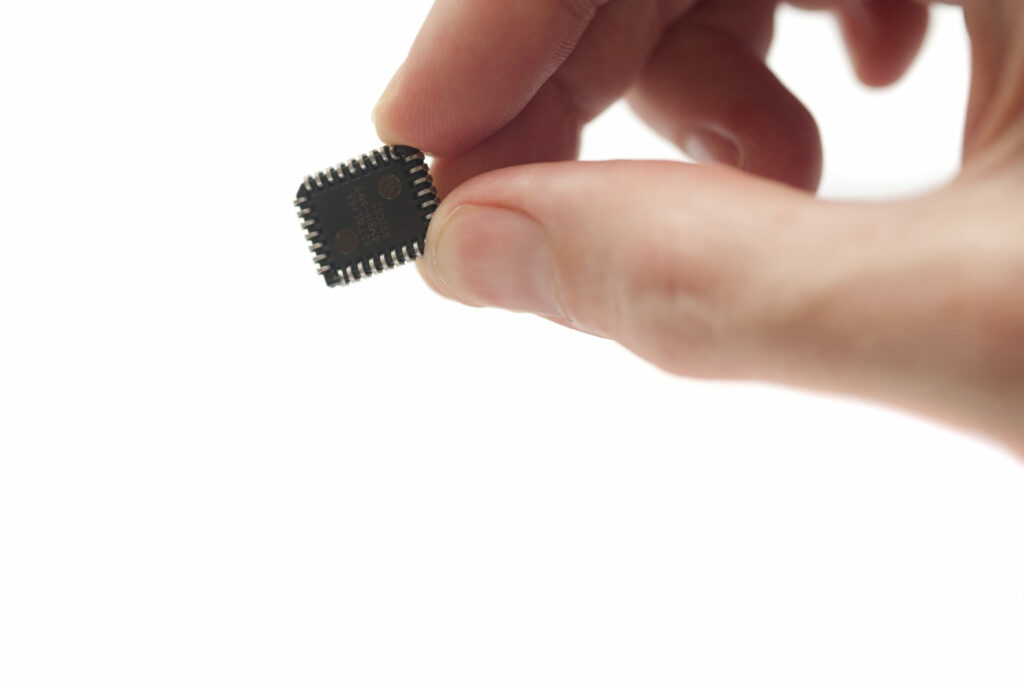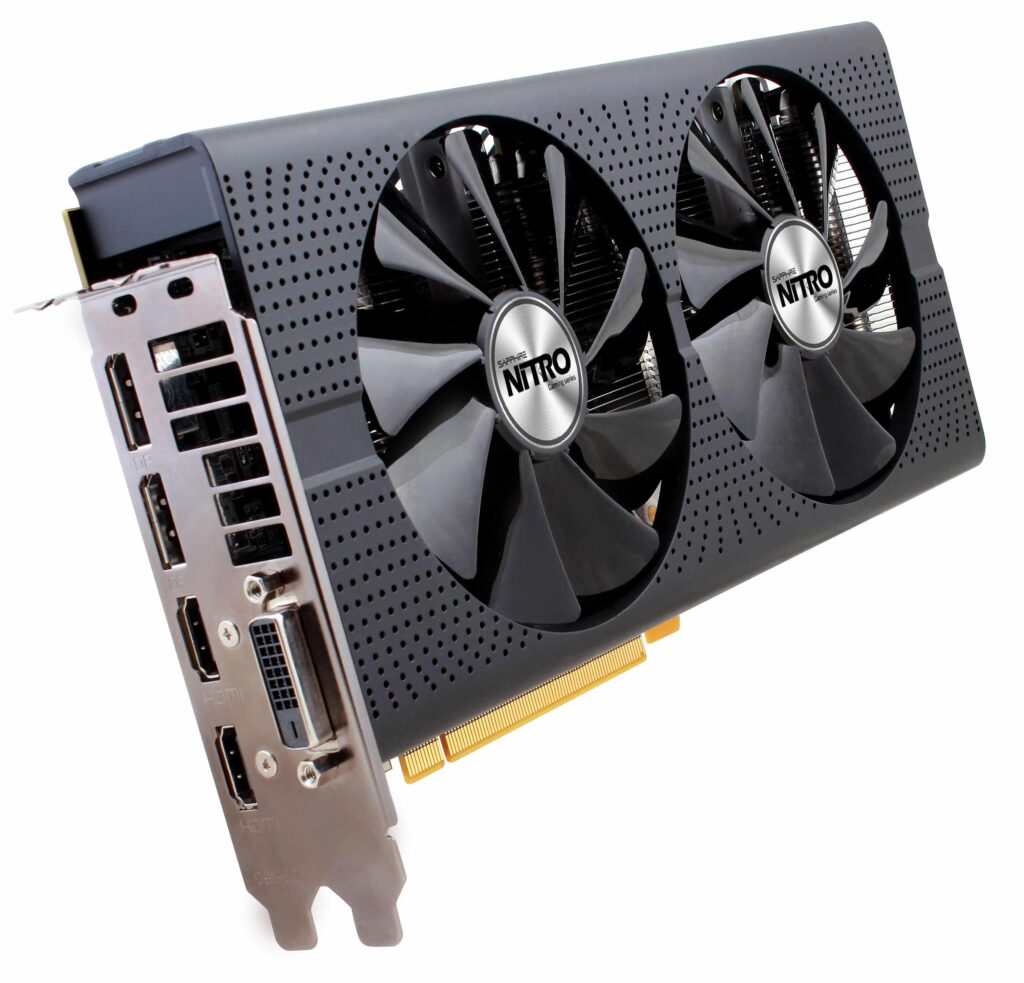The Tech industry owes a large debt to Japanese auto manufacturing, particularly Toyota. There are many factors that propelled Japan to the head of the auto industry starting in the 1980s. This was the utilization of a Just In Time methodology and philosophy for supply chain management.
With zero inventory as a goal, and where stockpiling is anathema, a well-run and functioning global logistics apparatus is requisite and vital.

Just In Time
In 2021, global pandemic not-withstanding, the Just-In-Time philosophy has been upended for a variety of fascinating reasons. The is particularly evident in the microchip industry, which impacts nearly everything. The entire premise of Big Data is predicated upon many machines working together. These machines process the effluent of even more machines operating in and around human activity.
Now, items such as automobiles, video cards, and just about anything else that requires microchip processing are scarce. Beyond “perfect storm” explanations, there are implications for the brittleness of the microchip industry. This also applies to whether markets incentivize holding stock reserves in the face of current anxieties.
Eggs in a Basket
First and foremost, the microchip industry is backed into a corner such that the Taiwan Semiconductor Manufacturing Company (TSMC) profoundly dominates the market. This wouldn’t be a big deal expect for the fact that, since all roads lead to Rome, traffic jams are certain. There are alternatives to TSMC’s products, but most of the products that we use are fabricated by TSMC.
Entertaining Shut-ins
For many, 2020 will be remembered as a time they “stayed at home” as a result of the global pandemic. Demand for microchips dedicated to entertainment and gaming systems rose appreciably in 2020. Video games and other microchip-driven pastimes created profound demand. This is also true of those worked remotely, and used microchips in their home office equipment.

Lopsided Containers
A global trade imbalance means that container ships will often leave Asian ports full of chip-laden consumer goods and, typically, return with some other goods in return. The pandemic has caused the flow to become largely uni-directional, with empty shipping containers piling up in North American and European ports. The demand from China to the rest of the world is lopsided. The result is that there is as much as a 15X price differential for China to the world shipping costs versus the opposite.
Amazon Snakes
Scarcity leads to the timeless responses that we call price gouging and scalping. You can shop for a video card at Amazon and find it from a third party for up to 400% markup. Surprisingly, people will pay that. While perhaps a bit mean, we could recall that “A Fool and His Money are Soon Parted.” The reality, though, is that this is how markets work (or don’t).
Funny Money
Last, but not least, many chips are required to fuel the entry-level cryptocurrency like Ethereum. It is, however, particularly fascinating to watch the components of economic theory play out in real time.
While Moore’s Law seems to still chug along, the world’s dependency on microchips suggests that no vital market is immune to disruption.


